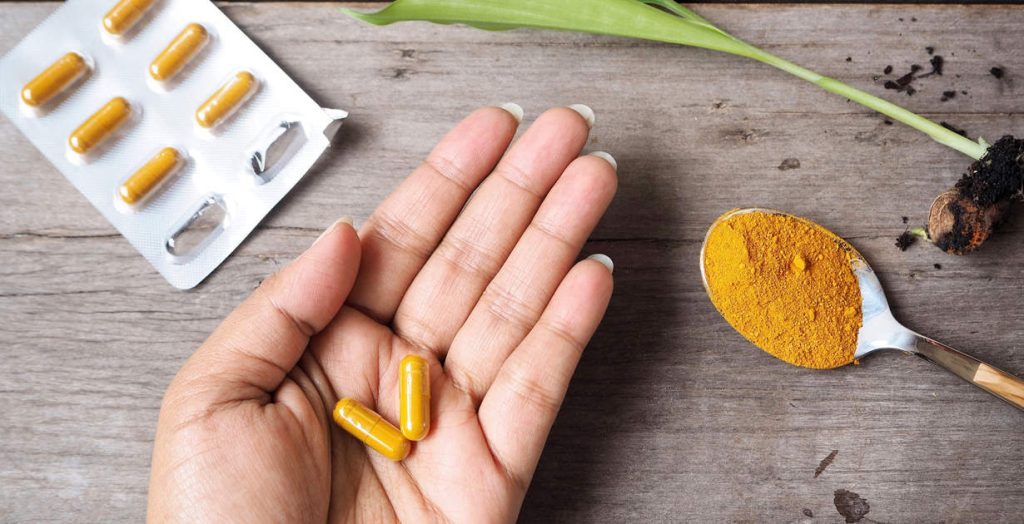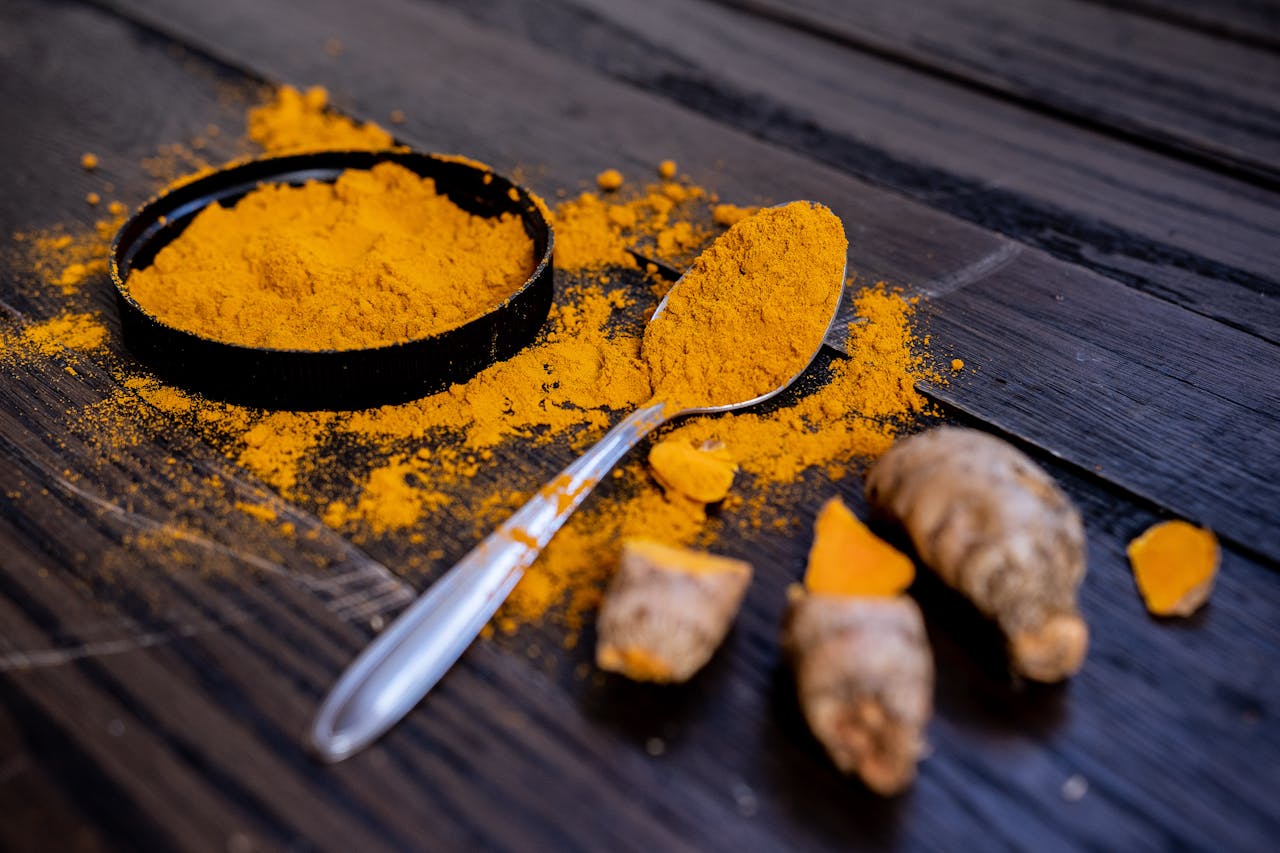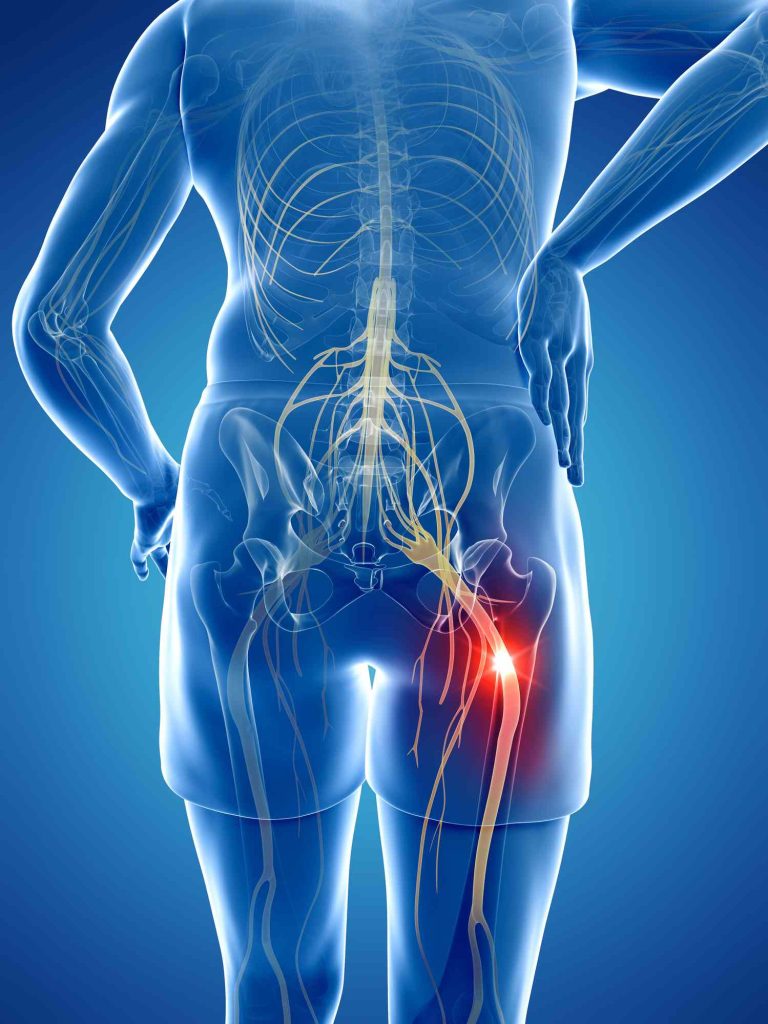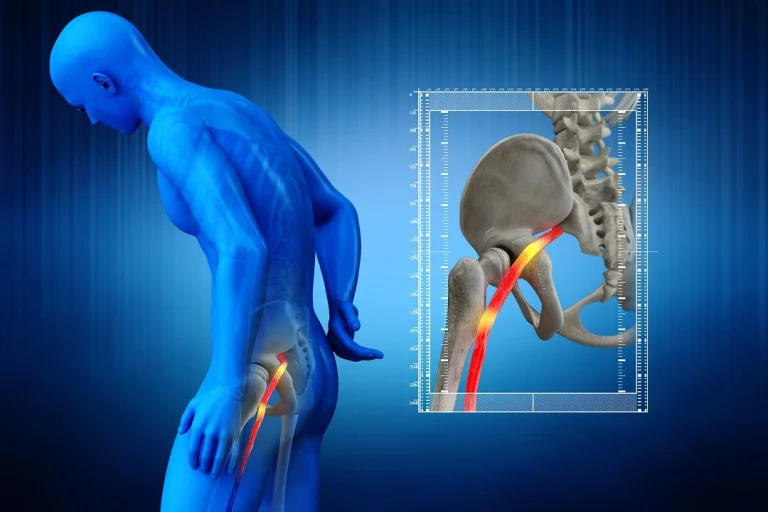Does Turmeric Help Sciatica?
Yes, turmeric can help alleviate sciatica symptoms. Its anti-inflammatory properties make it a potential treatment for sciatica.
Does Turmeric Help Sciatica?
Anti-Inflammatory Properties of Turmeric
Turmeric contains curcumin, a potent anti-inflammatory compound. Curcumin helps reduce inflammation and pain in various conditions.
Scientific Evidence Supporting Turmeric for Sciatica
Several studies have shown that curcumin reduces inflammation and pain. Consequently, it may be effective for sciatica.
Statistical Evidence on Turmeric’s Effectiveness
A study found that 500 mg of curcumin daily reduced pain by 50% in patients with chronic pain conditions. Moreover, another study indicated a 25% reduction in pain severity in participants using turmeric.
Mechanism of Action
Curcumin inhibits inflammatory molecules like cytokines and enzymes. This action helps reduce nerve inflammation and pain.
Comparing Turmeric to Conventional Treatments
Traditional treatments for sciatica include NSAIDs and physical therapy. However, turmeric offers a natural alternative with fewer side effects.
How to Use Turmeric for Sciatica
Dosage Recommendations
The recommended dosage of curcumin for sciatica is 500-2000 mg daily. However, it is crucial to consult a healthcare provider before starting any supplement.
Forms of Turmeric
Turmeric is available in capsules, powders, and extracts. Choosing a high-quality supplement ensures better absorption and effectiveness.

Combining Turmeric with Other Treatments
Turmeric can be coupled with other treatments like physical therapy and NSAIDs. This combination may enhance pain relief and improve mobility.
Potential Side Effects of Turmeric
Common Side Effects
Turmeric is generally safe but may cause gastrointestinal issues like bloating and diarrhea. Therefore, starting with a low dose is advisable.
Interactions with Medications
Turmeric can interact with blood thinners and diabetes medications. Consequently, it is essential to consult a healthcare provider before use.
Allergic Reactions
Some individuals may experience allergic reactions to turmeric. Symptoms include skin rashes and itching.
Scientific Studies on Turmeric and Sciatica
Study 1: Curcumin and Chronic Pain
A 2016 study found that curcumin significantly reduced pain in chronic pain conditions. Participants reported a 50% reduction in pain severity.
Study 2: Turmeric and Nerve Pain
Another study showed that turmeric reduced nerve pain by 25%. The study concluded that turmeric might be an effective treatment for nerve-related pain.
Study 3: Comparative Analysis
A comparative study found that turmeric was as effective as NSAIDs in reducing pain. Moreover, turmeric had fewer side effects than NSAIDs.
Benefits of Using Turmeric for Sciatica
Natural Pain Relief
Turmeric offers a natural alternative to conventional painkillers. Its anti-inflammatory properties help reduce pain without severe side effects.
Fewer Side Effects
Compared to NSAIDs, turmeric has fewer side effects. This makes it a safer option for long-term use.
Enhances Overall Health
In addition to pain relief, turmeric has other health benefits. It boosts immunity, improves digestion, and supports heart health.
Medcareline.com: Your Resource for Sciatica Relief
Informational Posts
Medcareline.com provides valuable information on managing sciatica. Our posts cover various treatment options, including natural remedies like turmeric.
Support for Sciatica Patients
We offer support and guidance for sciatica patients. Our resources help you make informed decisions about your treatment options.
Conclusion: Does Turmeric Help Sciatica?
In conclusion, turmeric can help alleviate sciatica symptoms. Its anti-inflammatory properties make it a potential treatment for sciatica. However, it is essential to consult a healthcare provider before starting any supplement. Visit medcareline.com for more information and support.
References
- Aggarwal, B. B., & Harikumar, K. B. (2009). Potential therapeutic effects of curcumin, the anti-inflammatory agent. Biochemical Pharmacology, 76(11), 1590-1601.
- Henrotin, Y., Priem, F., & Mobasheri, A. (2013). Curcumin: A new paradigm and therapeutic opportunity for the treatment of osteoarthritis: Curcumin for osteoarthritis management. SpringerPlus, 2(1), 56.
- Panahi, Y., Alishiri, G. H., Parvin, S., & Sahebkar, A. (2016). Mitigation of systemic oxidative stress by curcuminoids in osteoarthritis: Results of a randomized controlled trial. Journal of Dietary Supplements, 13(2), 209-220.
- Hatcher, H., Planalp, R., Cho, J., Torti, F. M., & Torti, S. V. (2008). Curcumin: From ancient medicine to current clinical trials. Cellular and Molecular Life Sciences, 65(11), 1631-1652.







